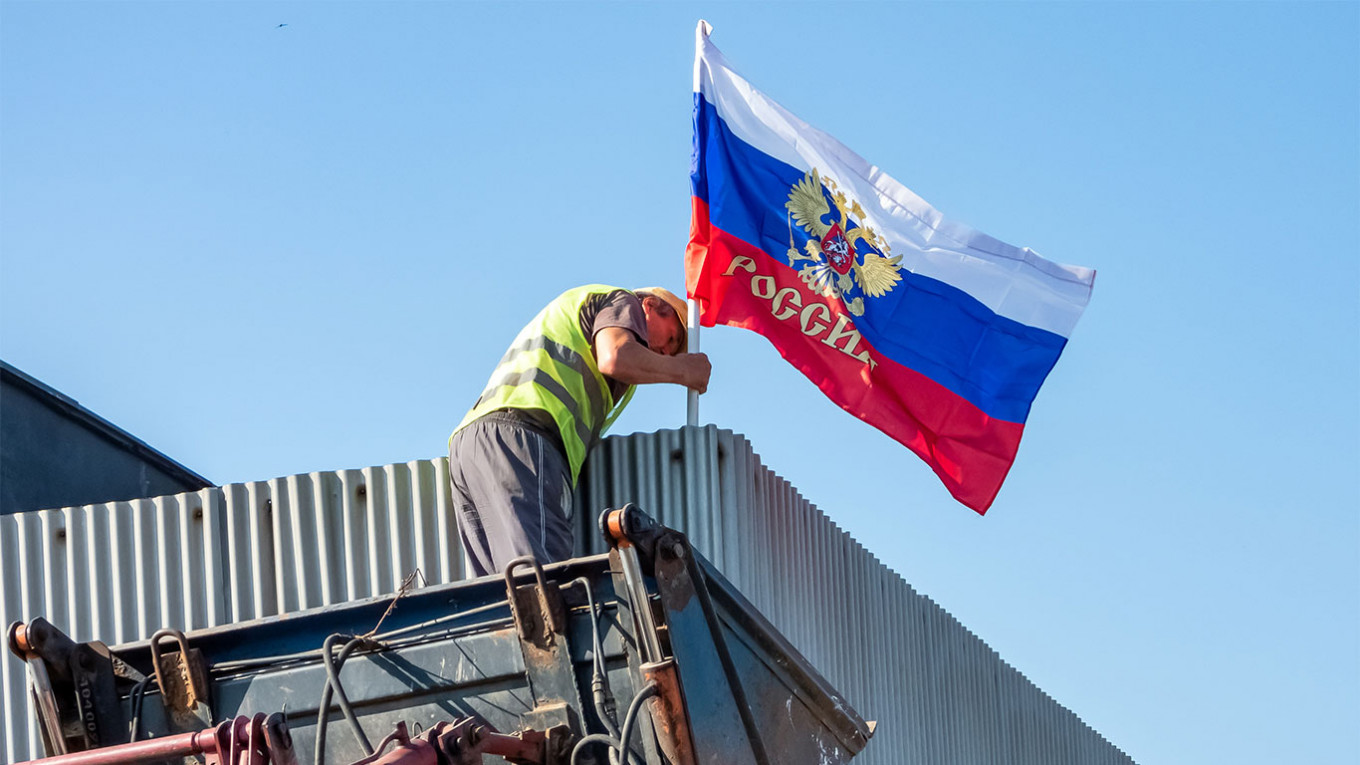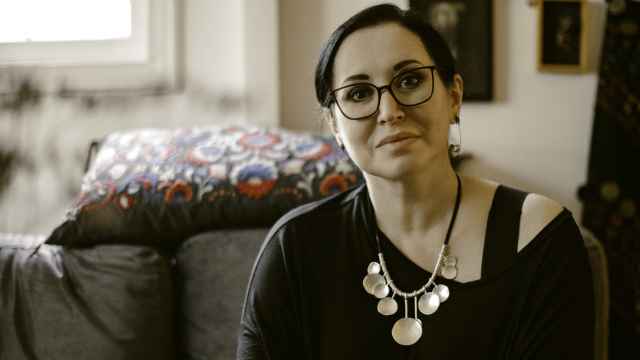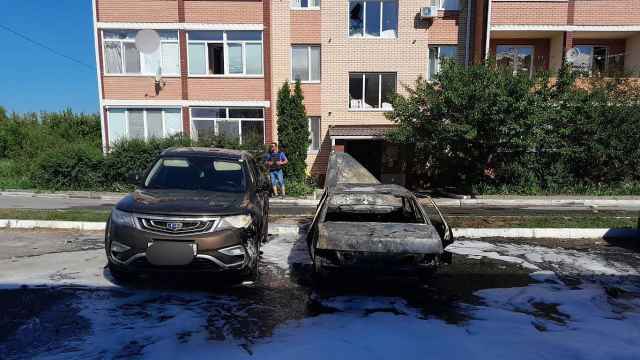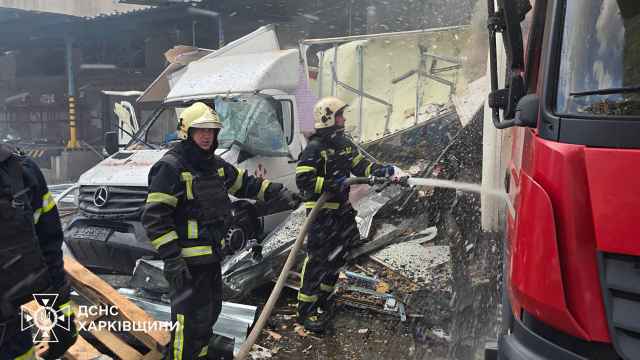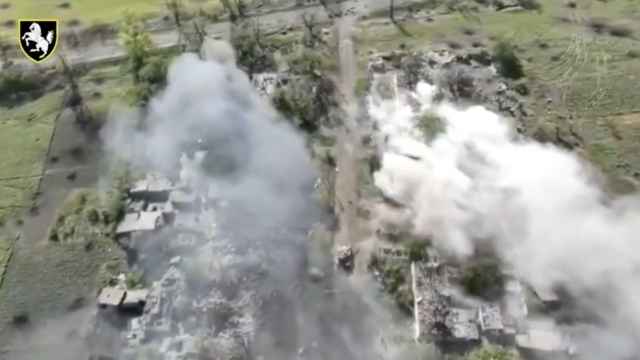A growing number of Russian officials have been handed senior jobs in occupied parts of Ukraine in what analysts said was an attempt to strengthen ties to Moscow ahead of a possible annexation process.
This week alone, appointments included a former deputy from the Russian parliament, regional government officials and a high-ranking Federal Security Service (FSB) officer.
“Russians are sent there in order to bring Russian standards,” political analyst Ivan Preobrazhensky told The Moscow Times. “Moscow wants to stage a referendum [on joining Russia] and it looks like the Russians will prepare everything.”
This parachuting in of officials is the most recent sign that Russia is seeking to draw occupied Ukrainian areas closer into its orbit. The Kremlin has also launched a campaign to integrate occupied areas by twinning Russian and Ukrainian cities, giving out Russian passports, and moving in major Russian banks and mobile operators.
Perhaps the most high-profile instance so far came Tuesday, when former Russian parliamentary deputy Andrei Kozenko was made the deputy head of the “military-civilian administration” for occupied areas of Ukraine’s Zaporizhzhya region. He will oversee economic integration with Russia, according to an official statement.
The day before Kozenko was installed in the Zaporizhzhya region, former FSB officer Sergei Yeliseyev was made head of the government in the occupied Kherson region.
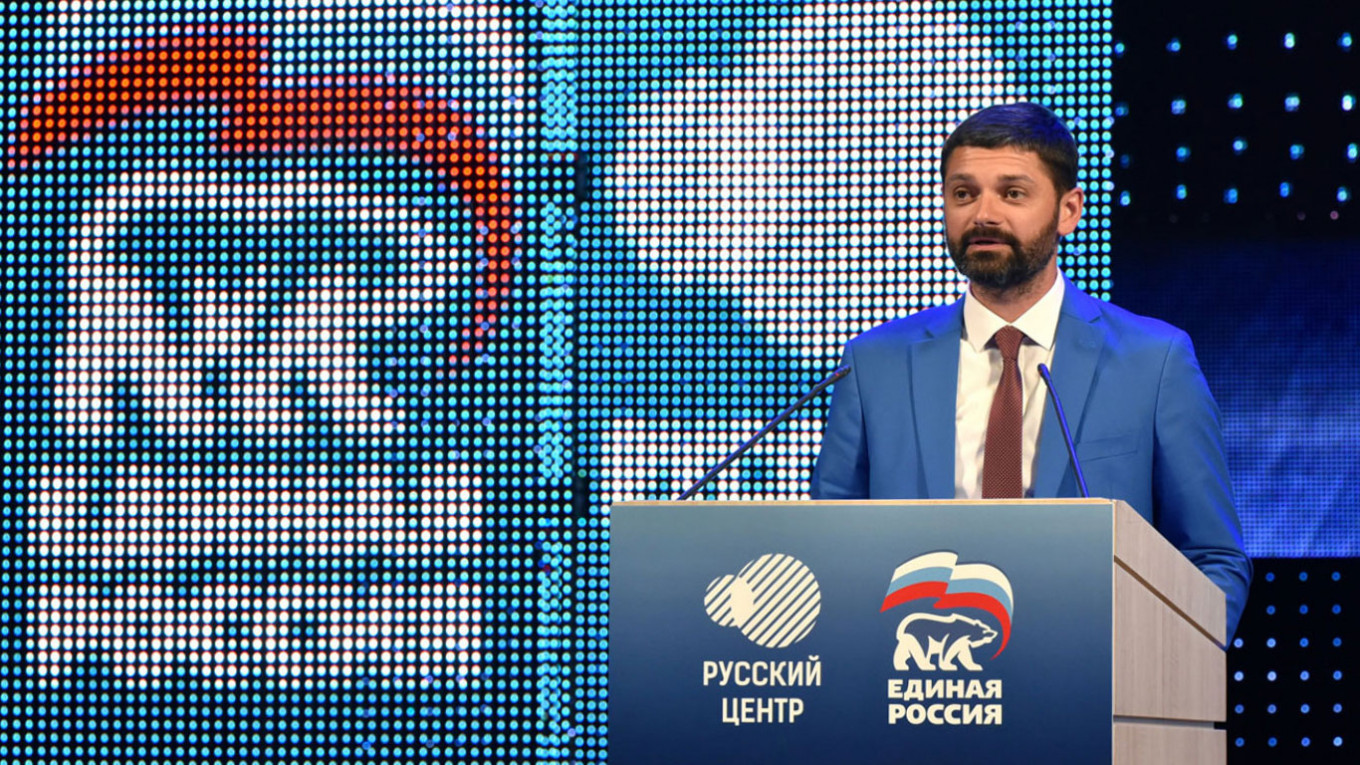
One reason why Russia has resorted to dispatching its own officials is that Ukrainians in occupied territories are unwilling to switch sides, according to Konstantin Skorkin, an expert on the politics of eastern Ukraine at the Carnegie Endowment for International Peace.
“Despite [Ukrainian] parties considered pro-Russian having significant representation in these regions, most deputies refused to cooperate with the occupation authorities,” Skorkin told The Moscow Times.
“In Kherson, for example, people are not sure that these areas will join Russia as Ukraine could take them back at any moment.”
Other Ukrainians may have been dissuaded from accepting Russian offers to collaborate by assassinations of officials from Russia’s “military-civilian administrations.” For example, Dmytro Savluchenko, who led the directorate for family, youth and sports in Kherson’s local Russian-installed government, died in a car bombing last month.
Along with former FSB officer Yeliseyev, two other Russian officials — Mikhail Rodikov and Vladimir Bespalov — were also appointed to senior government positions in Kherson this week.
Bespalov, a former deputy minister in the Kaliningrad region, will oversee domestic policy, while Rodikov, an official from the Moscow region, was made education and science minister.
Several of the new appointees have experience when it comes to integrating Ukrainian regions into Russia, as they worked in Crimea after its 2014 annexation by Moscow.
Rodnikov spent three years adapting the Crimean education system to Russian standards, according to the Kherson Regional Military Administration’s Telegram channel, while Kozenko was a Ukrainian politician who joined the ruling United Russia party in 2014 and went on to represent Crimea in Russia’s lower house of parliament.
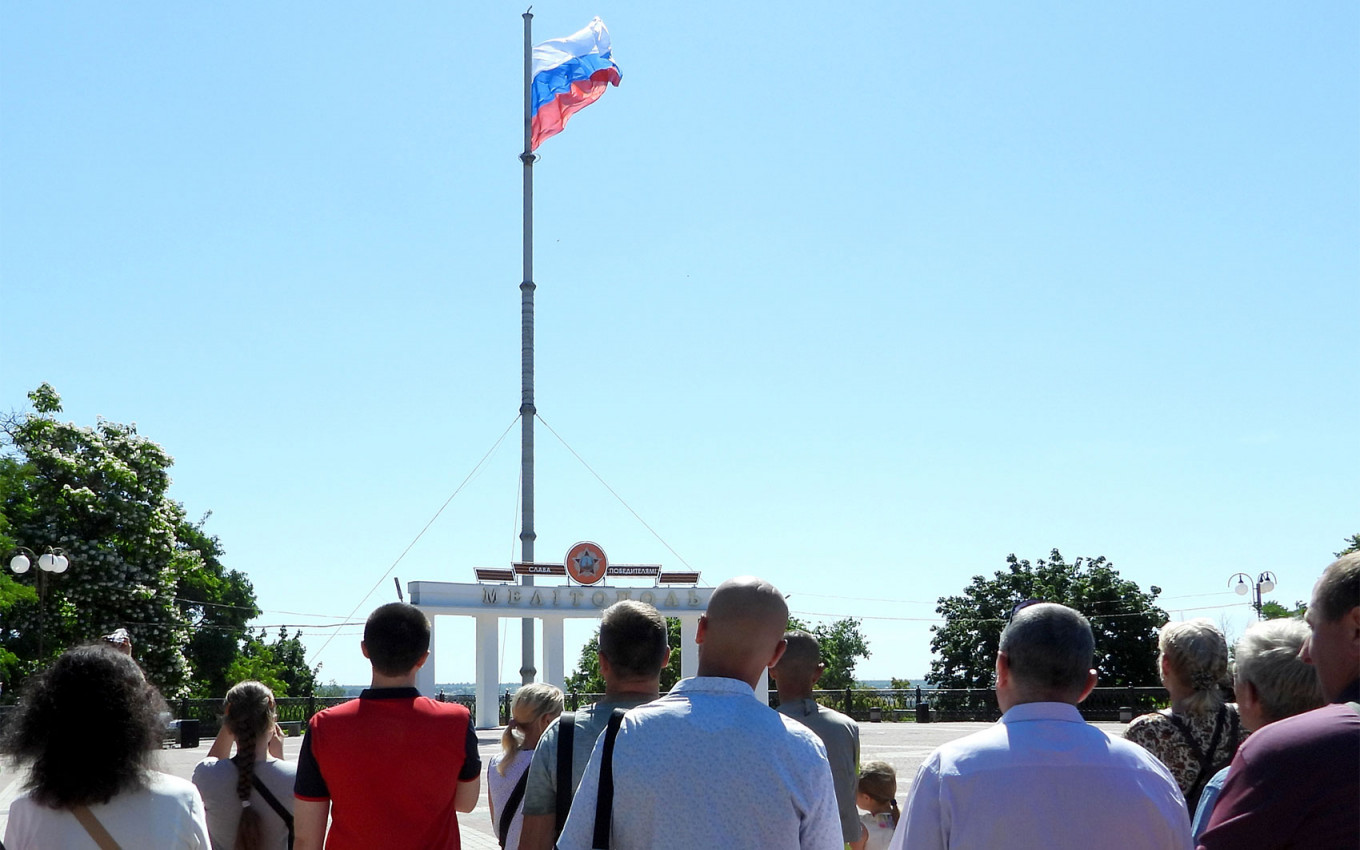
The Russia-backed separatist Donetsk and Luhansk republics in eastern Ukraine have also seen Russian officials appointed to top government posts in recent weeks.
A former top official in Russia’s Trade and Industry Ministry, Vitaly Khotsenko, was last month named prime minister of the Donetsk People’s Republic. And the former deputy governor of Russia’s Kurgan region, Vladislav Kuznetsov, became the first deputy chairman of the Luhansk People’s Republic.
Installing Russian officials might also be a way to ensure oversight of the vast sums of money the Kremlin has earmarked for rebuilding occupied Ukraine, according to analysts.
Russia could spend as much as 3.5 trillion rubles ($60 billion) on reconstruction projects in the occupied parts of Ukraine’s Donetsk and Luhansk regions, according to statements from separatist officials.
“Russia is allocating huge sums for the reconstruction of the Donbas and Moscow doesn’t trust local officials,” Skorkin told The Moscow Times.
While Russian officials have publicly been equivocal about the prospect of annexing Ukraine’s occupied regions, developments on the ground suggest it is an increasingly likely outcome from a process of creeping integration.
The Russian-installed administrations in Kherson and Zaporizhzhia have already announced plans to stage a referendum on joining Russia later this year. The Russia-backed separatist republics’ leaders have also called for similar popular votes.
Although President Vladimir Putin asserted at the start of the invasion of Ukraine that Russia had no plan to absorb Ukrainian territory, the appointment of Russian officials to occupied areas indicates Moscow is planning the opposite, according to analyst Preobrazhensky.
“We might see the full annexation by this autumn,” Nikolaus von Twickel, a former OSCE staff member who researches the Donbas region, told The Moscow Times.
“Previously the Kremlin was trying to play by the rules, but that time has already gone.”
A Message from The Moscow Times:
Dear readers,
We are facing unprecedented challenges. Russia's Prosecutor General's Office has designated The Moscow Times as an "undesirable" organization, criminalizing our work and putting our staff at risk of prosecution. This follows our earlier unjust labeling as a "foreign agent."
These actions are direct attempts to silence independent journalism in Russia. The authorities claim our work "discredits the decisions of the Russian leadership." We see things differently: we strive to provide accurate, unbiased reporting on Russia.
We, the journalists of The Moscow Times, refuse to be silenced. But to continue our work, we need your help.
Your support, no matter how small, makes a world of difference. If you can, please support us monthly starting from just $2. It's quick to set up, and every contribution makes a significant impact.
By supporting The Moscow Times, you're defending open, independent journalism in the face of repression. Thank you for standing with us.
Remind me later.



